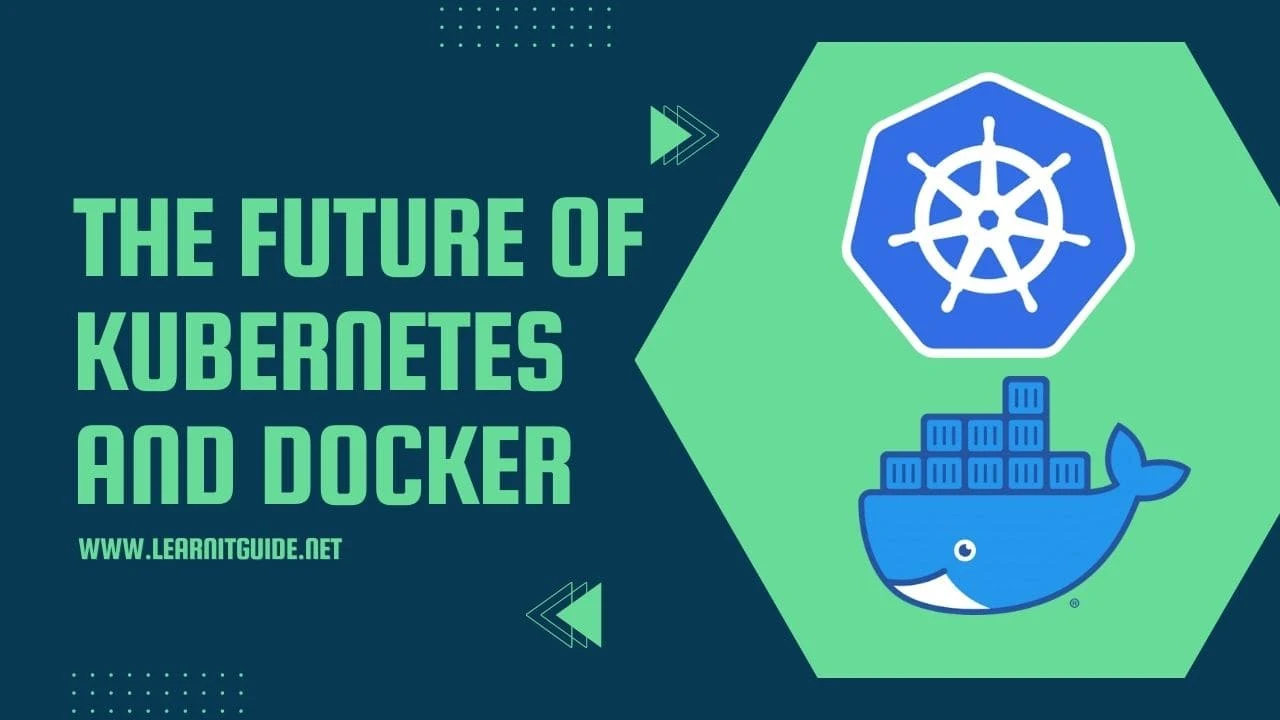This post will help you understand the future of Kubernetes and Docker Container Management.
If you are interested in learning, Request you to go through the below recommended tutorial.
DevOps Full Course Tutorial for Beginners - DevOps Free Training OnlineDocker Full Course Tutorial for Beginners - Docker Free Training Online
Kubernetes Full Course Tutorial for Beginners - Kubernetes Free Training Online
Ansible Full Course Tutorial for Beginners - Ansible Free Training Online
Openstack Full Course Tutorial for Beginners - Openstack Free Training Online
Let's Get Started.
The Future of Kubernetes and Docker
Kubernetes and Docker are two of the most important technologies in the world of cloud computing today. Kubernetes is a popular open-source platform for managing containerized applications and Docker is a platform for creating, deploying and managing containers. Both of these technologies have been instrumental in the growth and development of the cloud computing industry and are likely to continue to play a major role in the future.
The future of Kubernetes and Docker is likely to be shaped by the growing demand for cloud computing services. As more and more businesses adopt cloud computing, the demand for flexible, scalable and reliable platforms for managing containers is likely to increase. Kubernetes and Docker are likely to continue to play a major role in meeting these demands, as they are already well-established and widely used platforms.
One of the key trends in the future of Kubernetes and Docker is likely to be the increased adoption of hybrid cloud computing. Hybrid cloud computing is a model in which businesses use a combination of public and private clouds to meet their needs. Kubernetes and Docker are likely to play a key role in this trend, as they provide a consistent and uniform way of managing containers across different cloud platforms. This will make it easier for businesses to move containers and applications between public and private clouds as needed, and to manage their cloud computing resources more effectively.
Another trend in the future of Kubernetes and Docker is the growing demand for multi-cloud computing. Multi-cloud computing is a model in which businesses use multiple cloud platforms to meet their needs. Kubernetes and Docker are likely to play a major role in this trend, as they provide a consistent way of managing containers across different cloud platforms. This will make it easier for businesses to use the best cloud platforms for different applications and workloads, and to manage their cloud computing resources more effectively.
The future of Kubernetes and Docker is also likely to be shaped by the growing demand for artificial intelligence (AI) and machine learning (ML) services. AI and ML are becoming increasingly important in many industries, and businesses are looking for ways to integrate these services into their existing IT infrastructure. Kubernetes and Docker are likely to play a major role in this trend, as they provide a flexible and scalable platform for deploying and managing AI and ML services.
In the future, Kubernetes and Docker are likely to become even more integrated and interoperable. Kubernetes is already a popular platform for managing Docker containers, and the two technologies are likely to become even more integrated in the future. This will make it easier for businesses to use both technologies together, and to manage their containers and applications more effectively.
The future of Kubernetes and Docker is also likely to be shaped by the growing demand for edge computing. Edge computing is a model in which computing resources are located close to the end-users, rather than in central data centers. This is becoming increasingly important in many industries, as it enables real-time processing of data and reduces latency. Kubernetes and Docker are likely to play a major role in this trend, as they provide a flexible and scalable platform for deploying and managing edge computing resources.
Finally, the future of Kubernetes and Docker is likely to be shaped by the growing demand for security. As more and more sensitive data is stored and processed in the cloud, the demand for secure and reliable platforms for managing containers is likely to increase. Kubernetes and Docker are likely to play a major role in meeting these demands, as they provide a secure and reliable platform for managing containers and applications.
That’s it for this post, Hope you have got an idea about The Future of Kubernetes and Docker.
Keep practicing and have fun. Leave your comments if any.
Support Us: Share with your friends and groups.
Stay connected with us on social networking sites, Thank you.








0 Comments